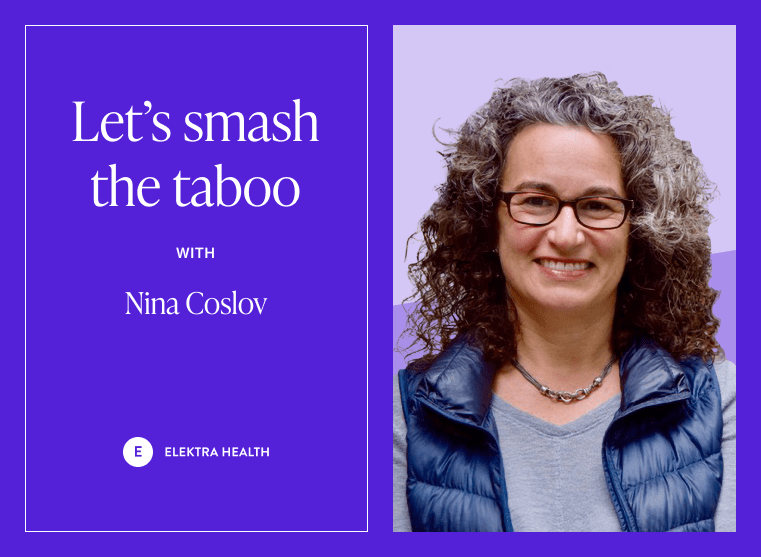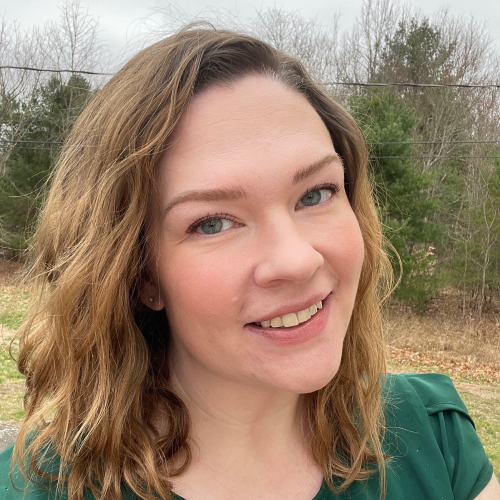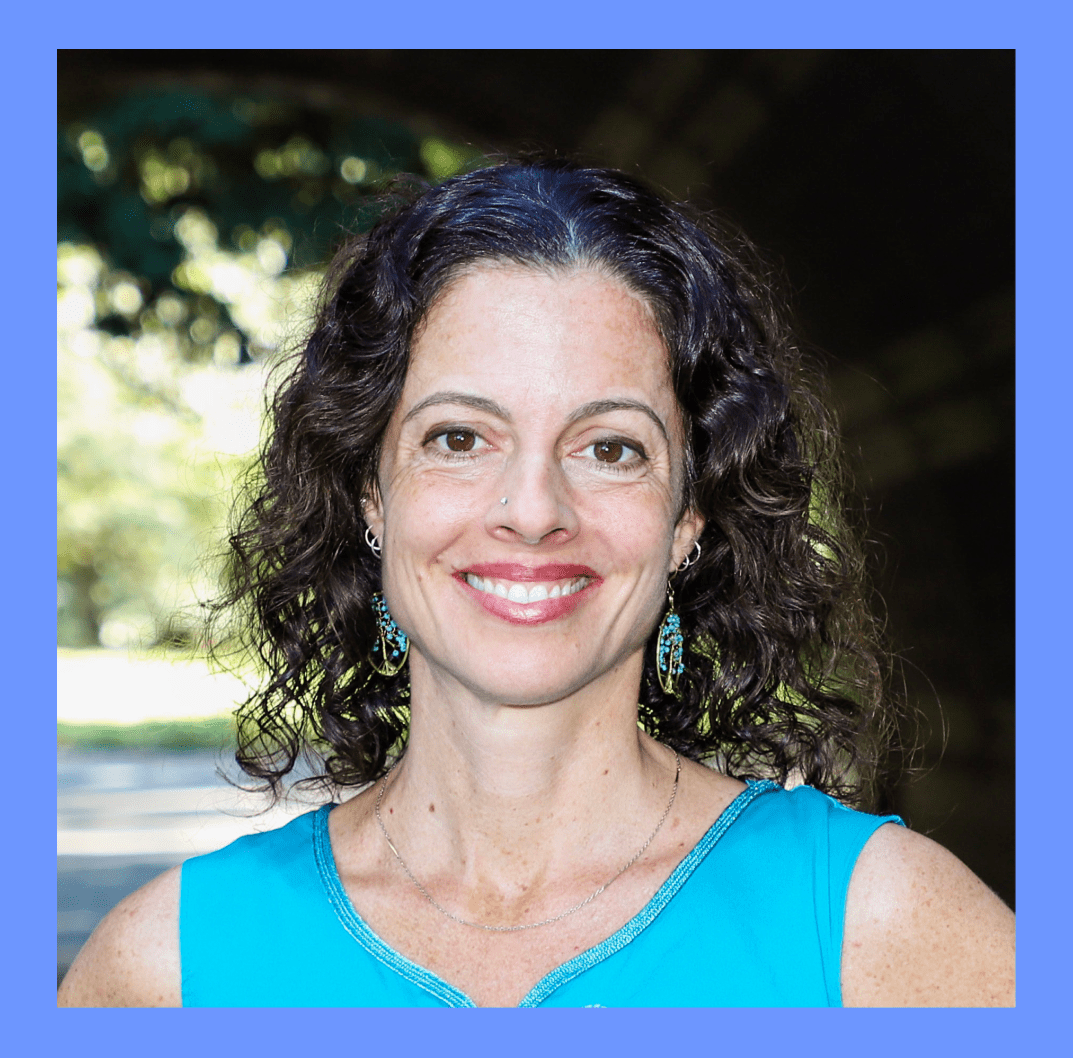
Published on Jan 17, 2021
Last modified on Mar 08, 2021
#TabooSmasher Spotlight: Nina Coslov, founder of Women Living Better
4 min read

Nina Coslov is the founder of Women Living Better, a resource that provides necessary information on the hormonal changes that women experience beginning around age 40. Women Living Better focuses on the earliest part of the menopausal transition, before cycles and periods change dramatically. Before founding Women Living Better, Nina worked in biotech, leading drug development teams, and as a management consultant. She has an MBA from The Tuck School at Dartmouth and a BA in psychology from Williams College.
Where are you in your hormonal health journey?
I am perimenopausal. I know my hormones are changing because my cycles have shortened from 34 days to 27 days over several years (7 years to be exact). I haven’t skipped a period, but I’m experiencing many things that indicate that hormonal fluctuations are at play.
What’s one word that comes to mind when you think of menopause?
Really, just one? How about one phrase: 12 months without a period.
If I had to choose just one word: transition.
Which menopause symptoms have you experienced?
I’ve experienced the middle-of-the-night waking (waking at 2 am and being awake until 5 am) and the feeling of not being able to cope with things like I used to (a less resilient stress response). In my early 40s, my premenstrual headaches increased, and my premenstrual breast tenderness and cramps returned. I had these in my 20s, and they’d stopped after I had children.
“I’ve started to see this transition as a call for us to refocus on ourselves and our bodies.”
We know menopause can be challenging, but it can also be funny, enlightening, liberating, energizing, and more. Do you have a reflection that shows another side of menopause, beyond what we’re conditioned to “fear” as women?
I’ve started to see this transition as a call for us to refocus on ourselves and our bodies. Before the fluctuating hormones of this transition disrupted my sleep, stress response, moods, and metabolism, I was able to survive on little sleep, less than nutritious food, and, too often, more alcohol and less water than was ideal.
Now, as my body goes through a time of change, it is no longer as tolerant. It needs support. I need more sleep. I don’t process alcohol the way I once did. I can’t keep the frenetic pace I once could. If we listen to this call for change and refocus on caring for ourselves and our bodies, these changes we put in place to mitigate the effects of fluctuating hormones can help us stay healthy as we age.
What helped you throughout your hormonal health journey?
Creating Women Living Better and learning that so many other women were experiencing the same things as me. So many of my friends and acquaintances shared things with me that I don’t think they otherwise would have. We are conditioned not to share and to think we are alone in feeling a certain way. This is particularly true when mood-related symptoms are concerned. Sharing your experiences with others can really make a difference. Talk about this. Let’s make it discussable.
Many women are up at night, worrying about all manner of things. A lot of women feel like they can’t cope like they used to. Share what works to quiet your mind and get back to sleep. Not feeling like yourself is a scary feeling, but knowing why you feel like that and knowing you aren’t the only one helps tremendously.
“We are conditioned not to share and to think we are alone in feeling a certain way. Talk about this. Let’s make it discussable.”
What helped you throughout your hormonal health journey?
The best thing I’ve done is to track my cycles. It’s not as onerous as it might sound. Tracking allows me to see the subtle shortening of my cycle length over several months. Even if my cycle length gets longer for one month, the trend reveals that it’s shortening over time. Tracking also helps me determine if my symptoms (e.g., disrupted sleep or breast tenderness) are related to a certain time in my cycle.
Is there anything you wish your younger self would have known?
Yes! I wish I had known what was coming. This is what I wish my primary care doctor had said to 35-year-old me at my well woman visit:
“In the next 5-7 years or so, your body will begin to make the transition to menopause. As you make this transition, the shifts in your hormones can cause changes to bleeding patterns, sleep, mood, cognition, hair, skin, vaginal tissues, and libido. This is all normal. You can support your body through this transition by sleeping more, eating better, getting regular exercise, and drinking less alcohol. And, if the changes you notice start to get in the way of your daily activities, your work, or your relationships, make an appointment and we will discuss options”.
I now know that not much research has been done on the menopause transition so, unless a healthcare provider has really focused on caring for a lot of midlife women, he or she won’t have the knowledge to say this yet. But it’s what we are aiming for!


